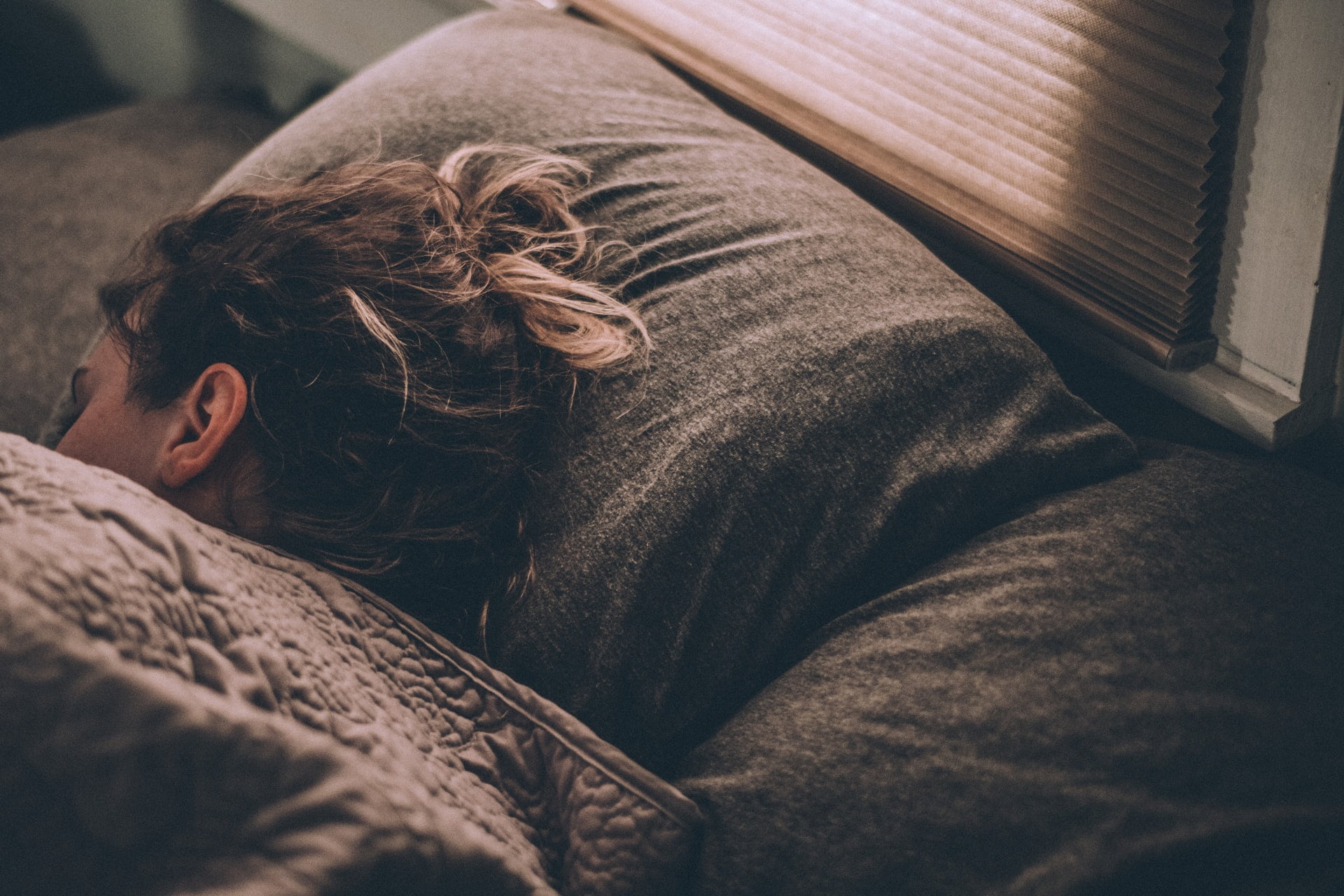Sleeping is one of the activities or – in any case – inactivity that we have as living beings, and that allows us to regenerate, rehabilitate, recover energy, rest, and control stress and even pain. If you have trouble sleeping at night, we’ll tell you how physical therapy can help you sleep better.
Through the application of different physical therapy techniques, patients feel relief, reduced fatigue, and a calm mind, as well as a variety of health aspects, such as incorporating new habits and getting rid of others. If you live in the Michigan area you can find physical therapy in Farmington Hills that is specialized in recovery from ailments that affect sleep.
What are the benefits of sleeping well?
For the human body to recover the energy consumed the day before, it needs at least seven hours of sleep. You need to reset your body and mind to continue to function efficiently. Among some of its benefits – practically vital – we can mention:
Benefits of sleeping well
- Improves mood
- Reduces irritability
- Improves memory
- Improves decision making
- Improves insulin regulation
- Improves attention to detail
- Improves immune system function
- Repairs and improves muscles and tissues
- Improves regulation of the stress hormone (cortisol)
If you don’t get a good night’s sleep regularly, your mental faculties can suffer some changes, as well as impaired muscle repair and a weakened immune system.
To all this, it is essential to remember that people who have suffered some type of injury, feel chronic pain, pain in the joints and muscles, headaches, and even stress feel that their ailments do not improve enough, the lack of a good rest is usually one of the main causes of several other types of disorders.
Physical therapy against sleep disturbances
There is a wide variety of techniques and habits that a patient can adopt to have a good sleep induction. The physical therapist, in addition to the practice of physiotherapy, will recommend, for example:
- Have a ritual or routine before bed
- Get in the habit of waking up and sleeping at regular times and sticking to them
- Predisposing to sleep is essential. This means: avoiding noise, turning off the lights, and relaxing
- You should not consume alcohol or heavy meals for at least an hour before sleeping
- Sometimes intense exercise before bed tends to activate you rather than tire you out
- Avoid taking a nap during the day
- Avoid excess caffeine and much more during the night
- Take a bath before bed
- Make sure your bed and pillows are comfortable enough not to bother you at night
- Reading is undoubtedly an effective way to “strain the eyes”, as it is generally said, and it will help you relax your mind
The physical therapist will help and guide you through personalized sessions to identify behavioral changes in your routine or lifestyle, in addition to correcting and implementing habits that help you have a healthy and restful sleep.
In the case of patients who cannot sleep due to pain, an exercise routine, relaxing massages, or even some devices to control ailments will be defined.
Always remember…
Although all of us – or at least most of us – think about the value of sleeping well in our moments of rest, by applying physical therapy techniques we will be contributing to improving our lifestyle, natural recovery, and a more lucid and quieter mind. “A healthy mind in a healthy body”, they say, right?Before making any decision related to any aspect of health, consult your trusted doctor and/or physical therapists who will help you – once the gap has been found – to correct your sleep patterns. Find more information on “how physical therapy can help you sleep better” in clinics or centers specialized in physical therapy and sleep disorders. Sleep well!









